- The incredible growth of electric transportation across all sectors is mitigating the global climate crisis.
- The IEA said, “Transport accounts for over a third of CO2 emissions from end‐use sectors.”
- Transportation sectors include every kind of vehicle or craft that moves across air, land, or water.
The “two-degree target” underpins global efforts to mitigate the impact of climate change. Established in the Paris Climate Agreement, this benchmark aims to cap global warming at two degrees Celsius above pre-industrialization levels from 1850 to 1900. Scientists first proposed the target at the Copenhagen Conference in 2009.
Extensive scientific analysis indicates the likely dire consequences if global warming continues uncontrolled. Climate risk scenarios often use this 2° target as a reference point, projecting physical changes up to the end of the century, 2100. But in 2022, a UN Environment Programme report pointed out that countries are not meeting their climate goals as they should.
ADVERTISEMENT
The world is quickly moving to electric transportation as one of the solutions to climate change. “Transport accounts for more than a third of CO2 emissions from end‐use sectors,” according to the International Energy Agency (IEA). Electric transportation incorporates clean energy vehicles and craft, including hybrid electric vehicles (HEV,) plug-in hybrid vehicles (PHEV,) battery-electric vehicles (BEV,) and fuel-cell EVs (FCEV). Fuel cells are used primarily for large trucks.
What Is the Transport Sector?

The transport sector includes transporting people and goods and comprises three main segments: air, land, and water. The air segment includes small personal aircraft, large commercial, and freight flights. The land segment includes heavy-duty truck and rail freight delivery, light rail, buses, heavy and light-duty commercial vehicles, and light-duty passenger trucks and cars. Motorcycles, bikes, and scooters comprise the micromobility segment. The water segment includes small pleasure craft, ferries, and large passenger and freight ships.
Electric Micromobility Takes Center Stage

Around the globe, electric micromobility, including e-scooters, e-bikes, and e-skateboards is experiencing a remarkable growth rate of over 17% per year. Experts anticipate that this trend will lead to a quadrupling of the current $50 billion sales by 2030. Notably, this transformation isn’t limited to major cities; every city and small town across America has witnessed the proliferation of electric bikes for both children and adults in 2023.
ADVERTISEMENT
Electric Flight, One of the Most Exciting Transportation Sectors
Electric flight is one the newest types of electrification, with companies like Joby Aviation on the rise. Electric vertical takeoff and landing (eVTOL) aircraft is one of the latest innovations. Volocopter, an innovator in urban air mobility (UAM), recently made headlines in New York.
The company took a crewed test flight in the Volcopter 2X, a new eVTOL aircraft. Alef Aeronautics’ flying car, the “Model A,” is the first flying car to receive Special Airworthiness Certification from the FAA.
Heavy-Duty Truck Delivery Is Electrifying Quickly
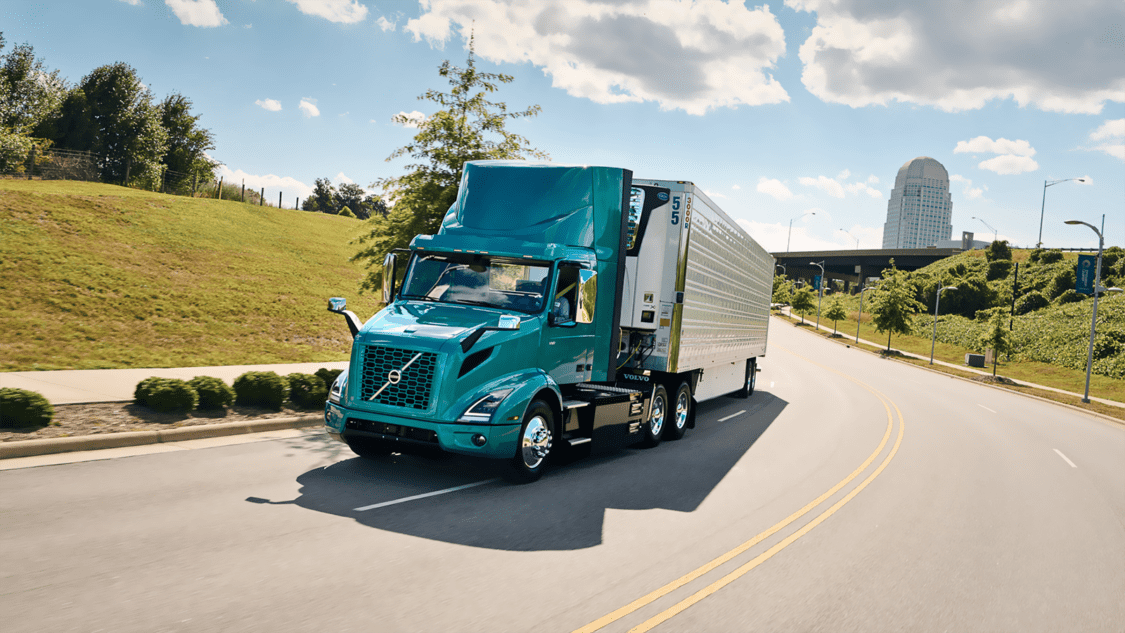
One of the biggest stories in freight trucking came with the Tesla Semi release in December 2022. As of October 2023, Tesla has built over 70 of them. In August 2023, Pepsi demonstrated its 21 Tesla semis. In November 2023, Schneider National, Inc. revealed its battery electric vehicle (BEV) fleet successfully delivered over 1 million zero-emission miles of customer freight. The company has one of North America’s largest BEV fleets, boasting almost 100 Freightliner eCascadias and a sizable charging depot.
The North American Council for Freight Efficiency (NACFE) is a leading organization working to drive the development and adoption of efficiency-enhancing, cost-effective technologies, services, and methodologies that benefit the environment. NACFE’s Mike Roeth, a leading advocate of fleet electrification, said: “Trucking is moving forward with battery electric trucks and hydrogen fuel cell electric for all types.
Early adoption is occurring with smaller urban trucks and short and medium regional haul freight moves with heavy-duty tractors. As we proved with Run on Less – Electric DEPOT here in 2023, dramatic increases in range and charge times are being experienced, making large energy trucking operations gain momentum.”
ADVERTISEMENT
Heavy Rail Electrification Has a Lot of Track Ahead
Less than one percent of the heavy-duty rail track in the United States is currently electrified, so there’s a long way to go. The Association of American Railroads opposes electrification, saying it is too expensive. As of 2023, India has electrified over 85% of its heavy rail, and China is following with 72%.
Light Rail Electrification

Subways, streetcars, and other city transport systems are already mostly electrified. They use conductive systems, which transfer electricity through a third rail or overhead wires. These are converting to battery electric as well, because it’s a safer and more efficient solution.
Electric Transit and School Buses Are a Fast Growing Industry In Electric Transportation
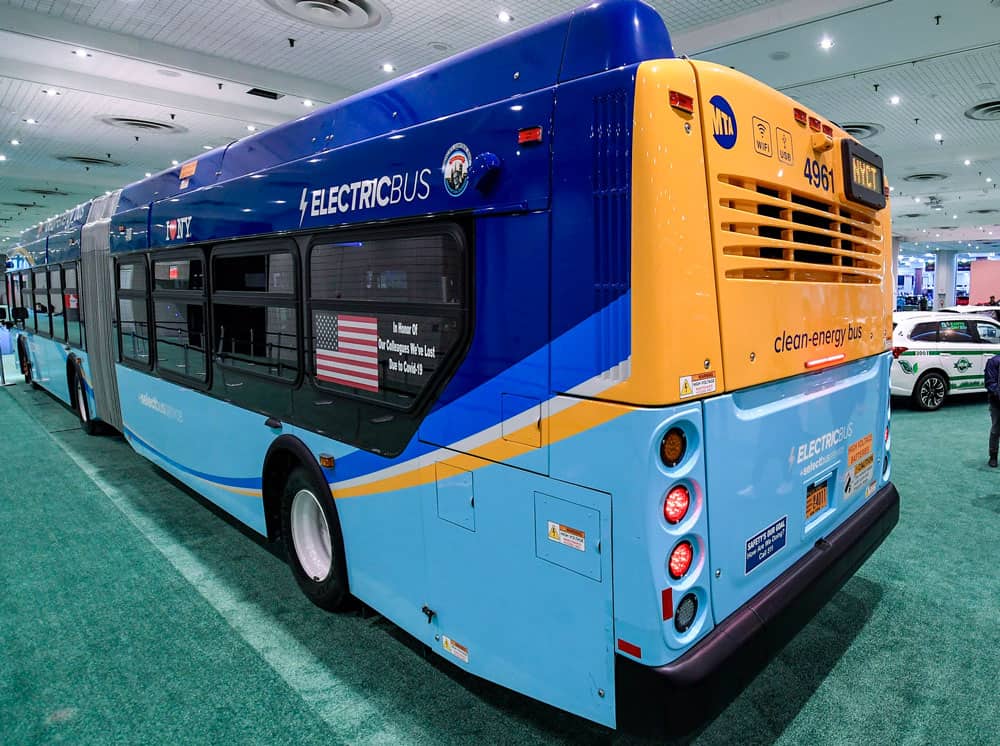
Electric buses enjoyed a 66% increase since 2021, according to Sustainable Bus. The number of full-size battery-electric and fuel-cell electric transit buses has reached 5,480 in 2022. California has the most since, due to the Innovative Clean Transit (ICT) regulation, all new sales of transit buses must be zero-emission by 2030. In 2021, 2% of transit buses were electric.
In the U.S., 2,277 electric school buses were either on order, delivered, or operating as of June 2023. The market size was $18B in 2021, projected to be $40B in 2030. The Environmental Protection Agency’s (EPA) Clean School Bus Rebate Program awarded over $900 million for 39% of all-electric school buses in 2023. Electric school buses are an excellent way to teach the next generations about the great value of electric transportation.
ADVERTISEMENT
Rideshares and Rentals
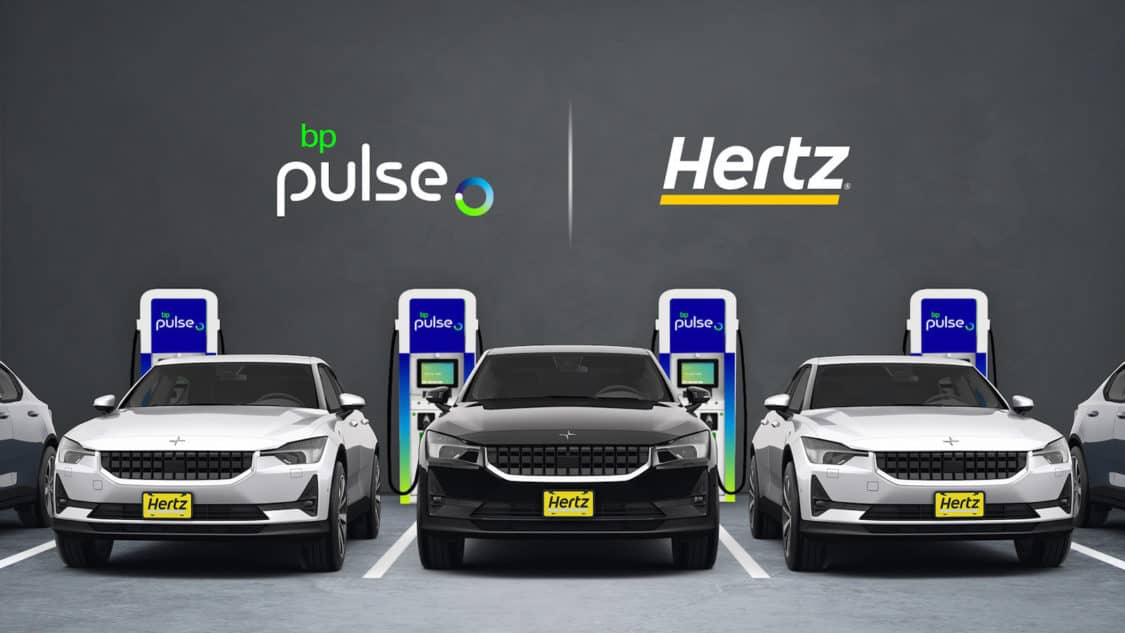
Rideshares, taxis, limousines, and transportation services, including Uber, Lyft, and others, have heavily invested in going electric. Car renters such as Hertz and Enterprise have added significant amounts of EVs. Some services have EV-only fleets. Kaptyn is a renowned electric transportation platform boasting a large fleet. UFODRIVE is the first entirely electric car rental service to be recognized globally.
Electric Adventures on the Water Abound
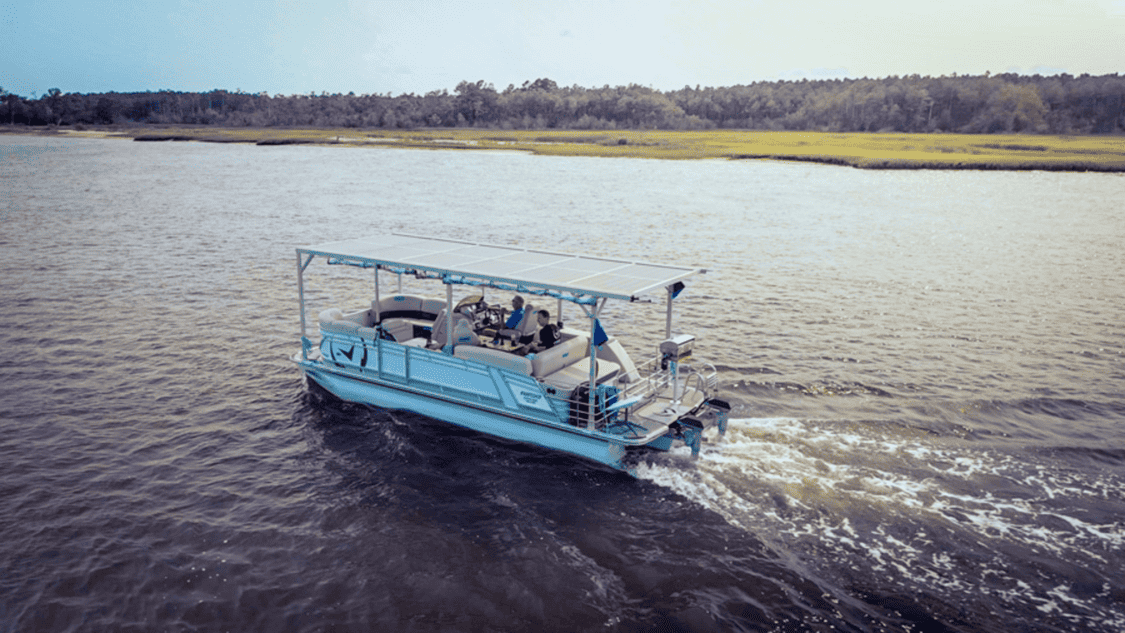
Lots of companies are entering the electric transportation market for pleasure boaters. The electric experience is much more pleasing than noisy, polluting gas engines. Duffy Electric Boats has been a leader in electric boats since 1970. Newcomer e-boat company Arc manufactures high-performance electric boats and offers its “Arc One” model. Revered luxury car brand Porsche added its version of an electric boat, the Frauscher X Porsche 850 Fantom Air all-electric boat.
Electric Freight Ships Are the Future of Maritime Transportation, Ferries Electrify
According to Straits research, the size of the electric freight ship market was valued at $4.9 billion in 2021 and is projected to reach $12.78 billion by 2030 at a CAGR of 11.24% from 2022 to 2030. Dubbed ‘the Tesla of the Seas,’ The Yara Birkeland is an example of a fully electrified, fully autonomous cargo ship. It has a 7MWh battery, charged by Norwegian hydropower. Ferries, carrying people, cars, and freight across the water, are being electrified in large numbers.
ADVERTISEMENT

FEATURED IMAGES: TESLA
FTC: We use income-earning auto affiliate links. Learn more.


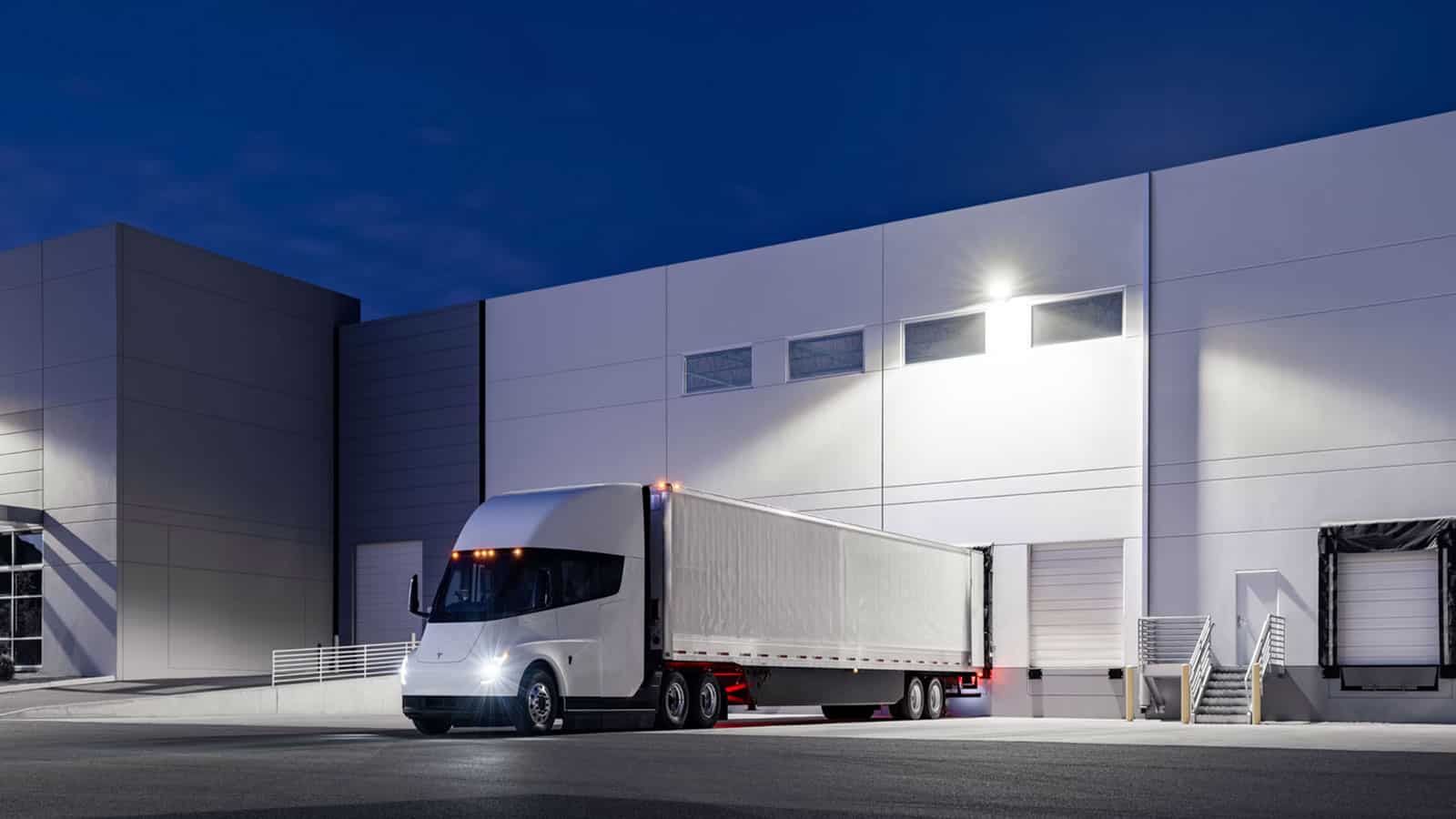





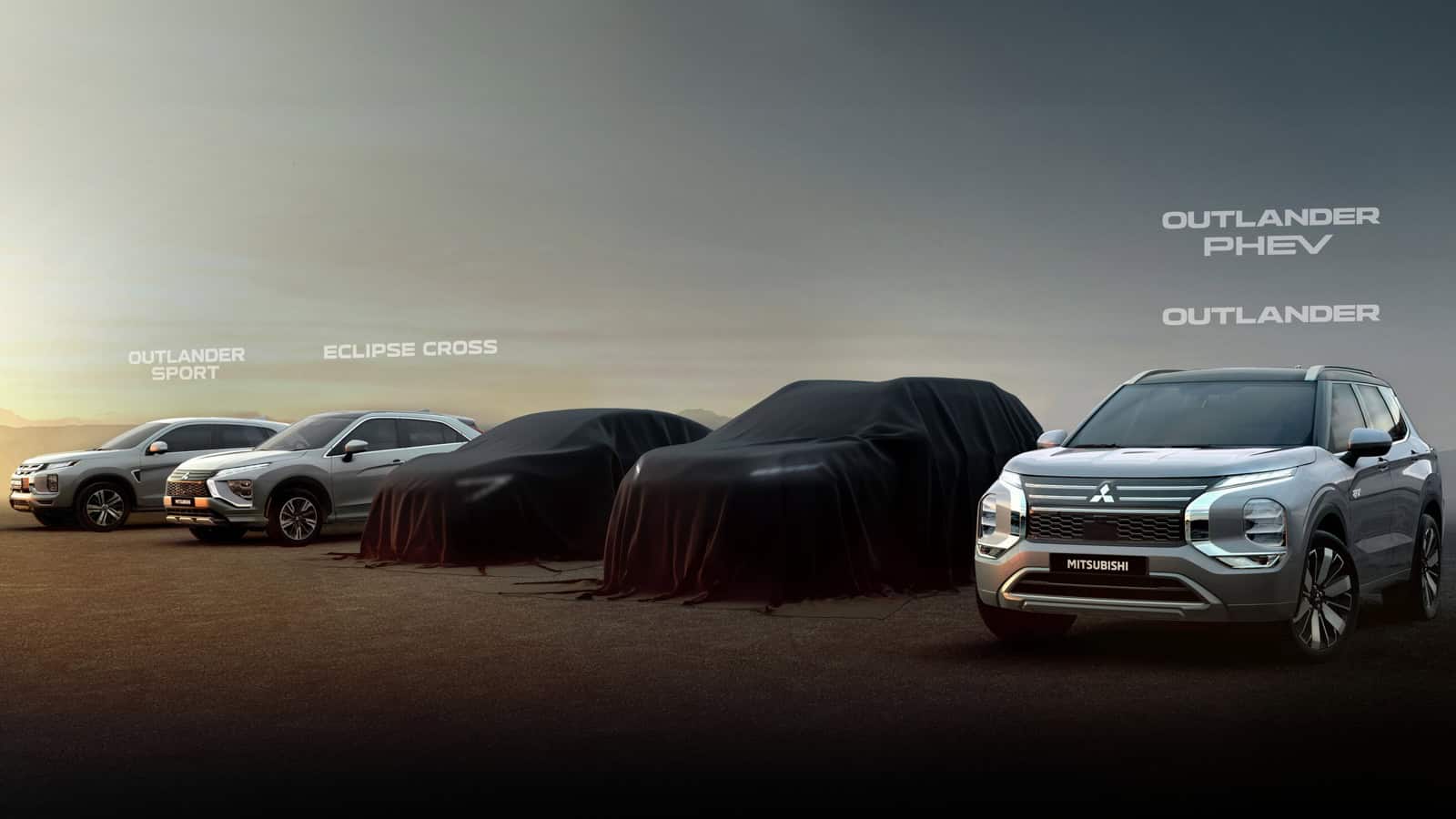
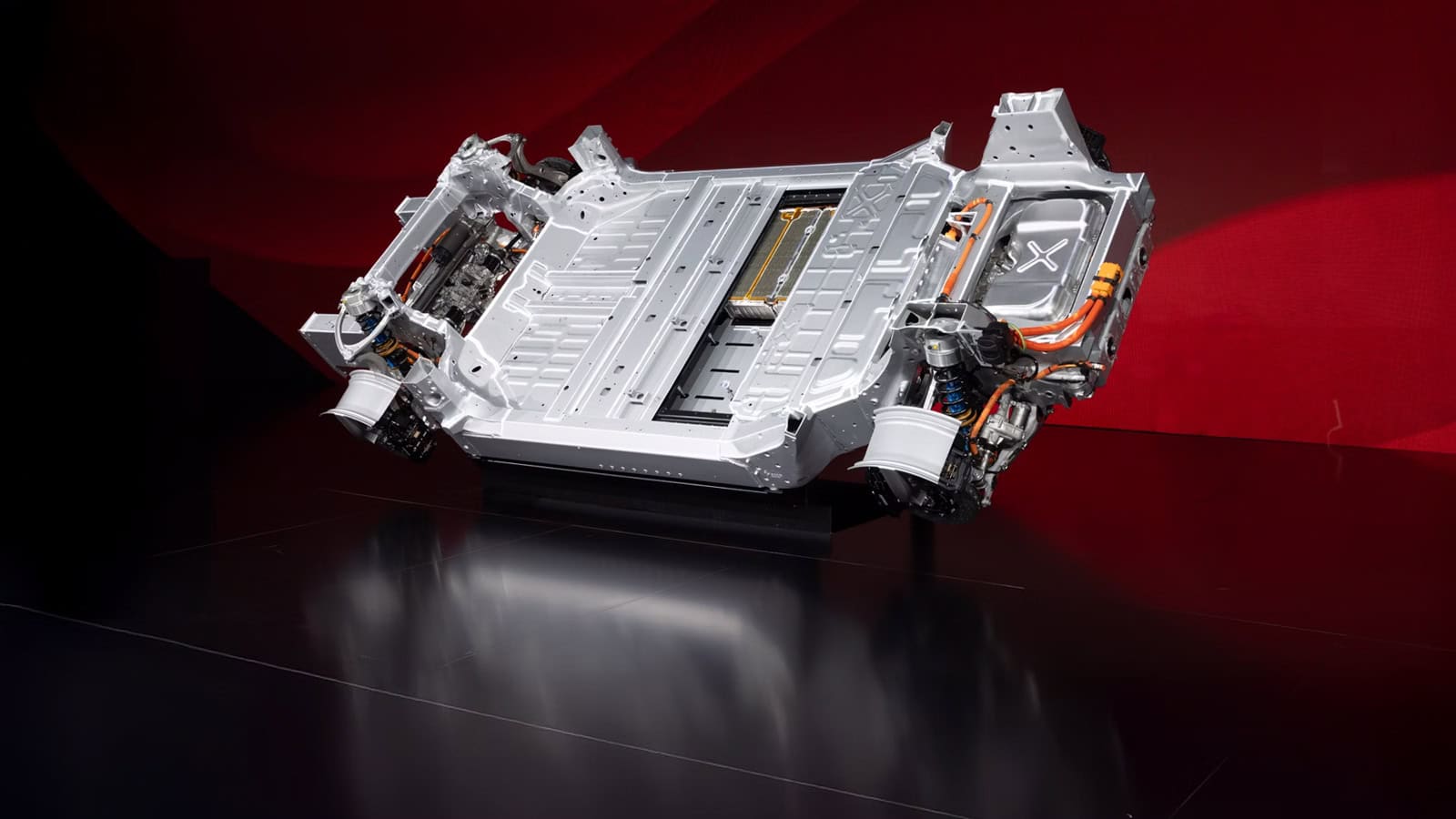

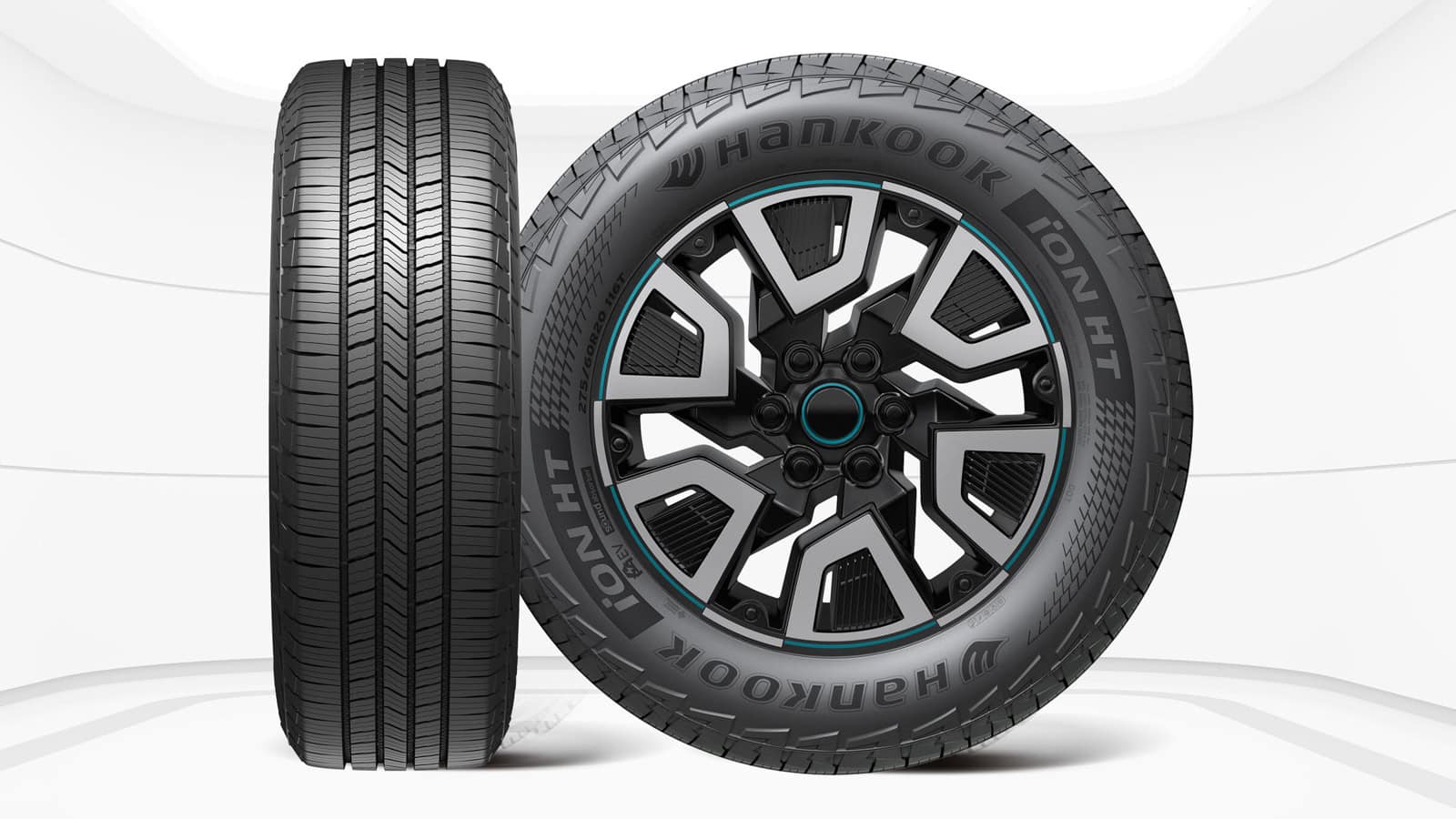
One Response